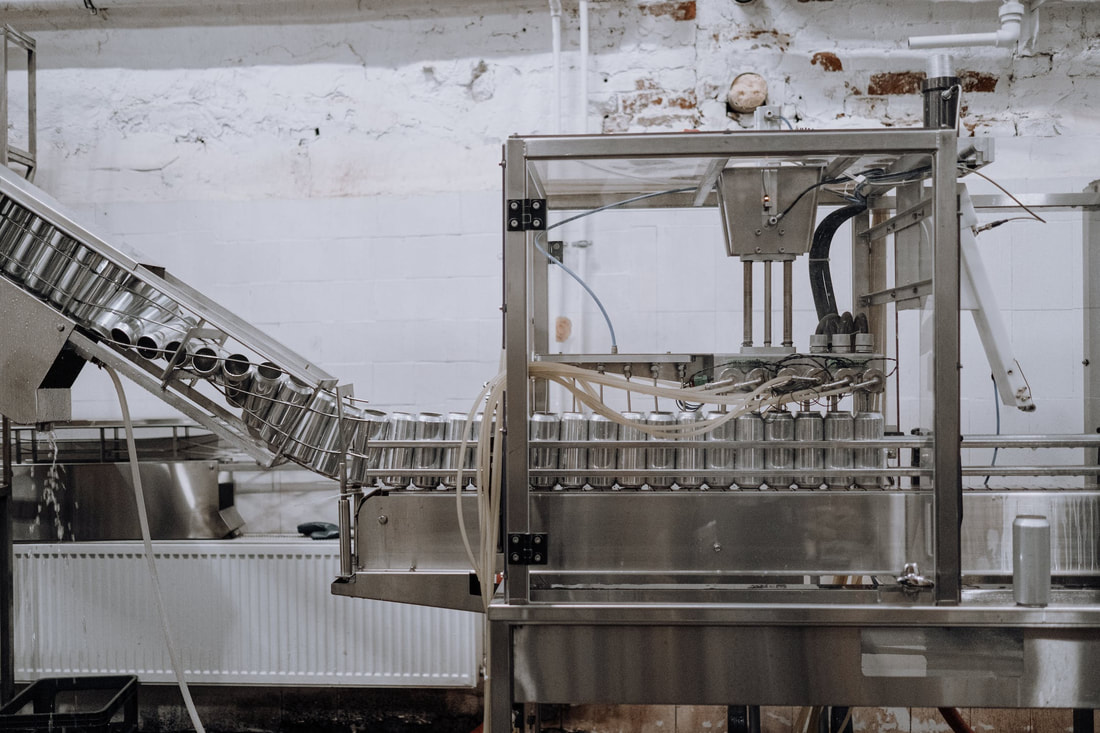|
By: A. Thiollier Science is advancing faster than ever, and many are beginning to question whether technology will overtake human occupations. Studies have found that almost 50% of jobs are at risk of automation, displacing 400 to 800 million people from their current occupations by 2030. Although subtle, the changes are in motion already. If you think about it, is there something you’ve observed a machine or screen doing instead of a human? I can personally think of a few examples. Automatic checkout counters in supermarkets, ordering food from a screen instead of from a human. Before I started to research for this article, I hadn’t thought about the fact that these seemingly harmless and helpful tools might have caused someone to be let off from their jobs. What then? What do you do when a robot takes your career?
Before we look at possible ways forward, what jobs are at risk? Many occupations have a predicted 100% chance of being automated in the near future. Factory machine operators, phone operators, cashiers, and similar jobs are the most at risk of being automatized sooner rather than later. Among the jobs that are least likely to be automatized are therapists, social workers, and surgeons. As a general rule, jobs relating to STEAM fields that require repetitive, structured motions have a much higher probability of being replaced by robots. Although this information seems alarming at the very least, it might not be as severe as most are making it out to be. While atomization will take many human jobs, it will also create opportunities for more jobs. Despite the fact that theoretically nearly 50% of jobs can be replaced, only about 5% can actually be fully done without any human help. Additionally, room for working in industries less likely to be automized will increase in many fields. A drastic increase in the number of elderly people will create an estimated 35 million new jobs in healthcare worldwide. And that’s just one example. Jobs in fields such as IT professionals, executives, educators, and builders are expected to experience job growth due to automation. Although many will lose their jobs, it is not apparent that they will also suffer unemployment because of this. However, it has been predicted that of the 400 to 800 million who will lose their jobs from automation, up to 375 million might have to switch occupations, learning new skills to do jobs unrelated to their previous fields. This might be one of the largest issues resulting from the transition to automation. Countries and businesses will need to provide support to workers, helping them and providing them with possibilities to learn new professions so that they can thrive at new jobs. Although it may seem like it will be a life-changing move, automation is not something that we must be worried about. The world is developing, but if people are attentive and the world takes the necessary measures, this transition is nothing to worry about.
0 Comments
Leave a Reply. |
Categories
All
Archives
June 2024
|

